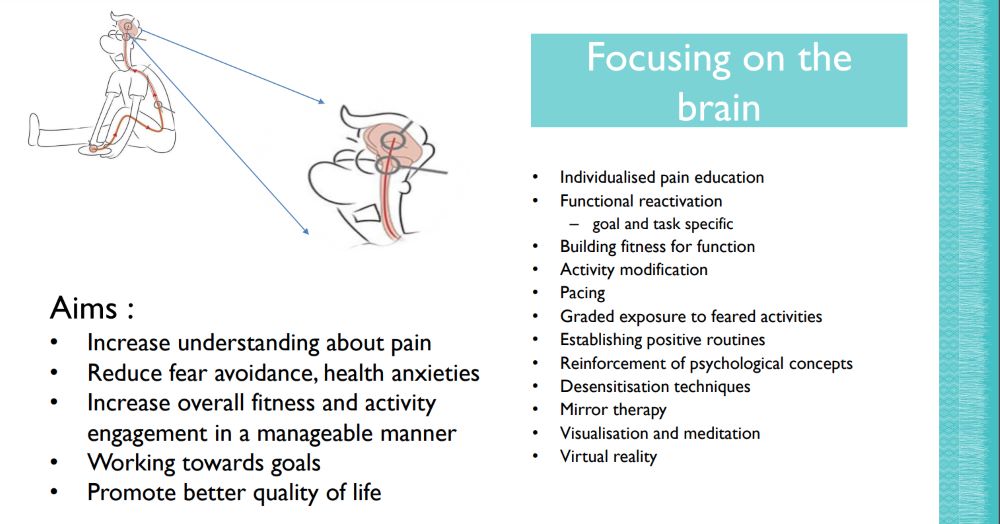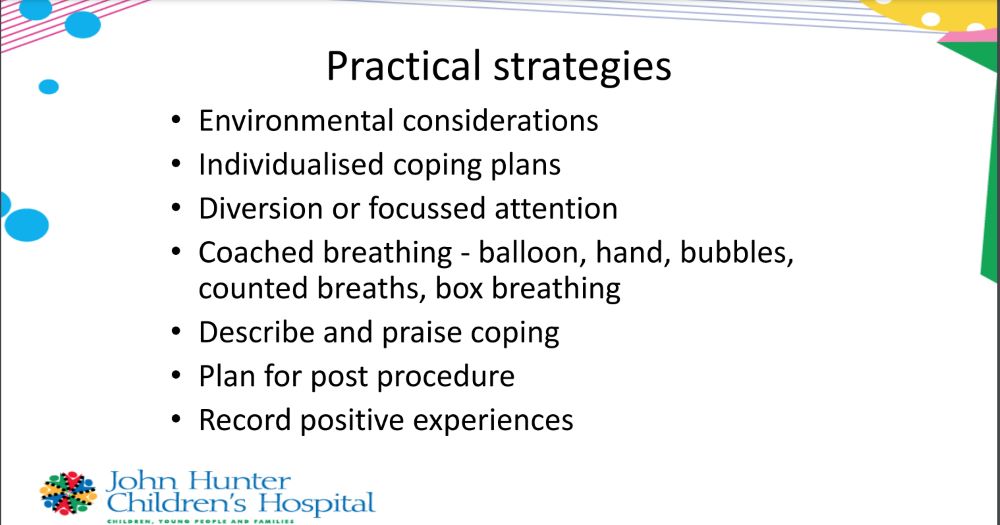EMMA WELLS
Emma Wells is Paediatric Social Worker – Haematology, John Hunter Children’s Hospital, Newcastle NSW
Pain
Chair ~ Jonathan Spencer
Better pain management for haemophilia in the future ~ Dr Carolyn Arnold
Physiotherapy approaches to pain management in haemophilia care ~ Cat Pollard
Strategies to manage procedural and acute pain in children ~ Michelle Perrin
This highly anticipated session included three presenters who shared their expertise and knowledge regarding the topic of pain. I found these speakers to be inspiring, informative and educational.
Chronic pain is more common in people with haemophilia, commented Dr Arnold, a Pain Medicine Specialist. Dr Arnold stated that this pain is mostly from haemophilic arthropathy in joints, so the aim is to reduce bleeding joint episodes. Dr Arnold mentioned the benefits of MDT (multidisciplinary team) clinics, based on an interdisciplinary approach, which can provide a range of pain management strategies.
Pain Specialist Physiotherapist, Cat Pollard outlined that musculoskeletal bleeding is the most common complication of haemophilia. Ms Pollard discussed the complex interactions of how pain is experienced and processed and said that targeting all areas can improve the ability to manage pain more effectively.

The final speaker, Michelle Perrin, Child Life Therapist, outlined strategies to manage procedural and acute pain in children and emphasised the long-term negative impacts on children and young people if medical procedures are not well managed. The importance of building strong relationships with the treating team to ensure patients feel informed, safe and empowered was acknowledged as an essential part of engagement.

Haemophilia Foundation Australia acknowledges the Traditional Owners and Custodians of Country throughout Australia, the land, waters and community where we walk, live, meet and work. We pay our respects to Elders past and present and extend that respect to all Aboriginal and Torres Strait Islander peoples.
Sign up for the latest news, events and our free National Haemophilia magazine